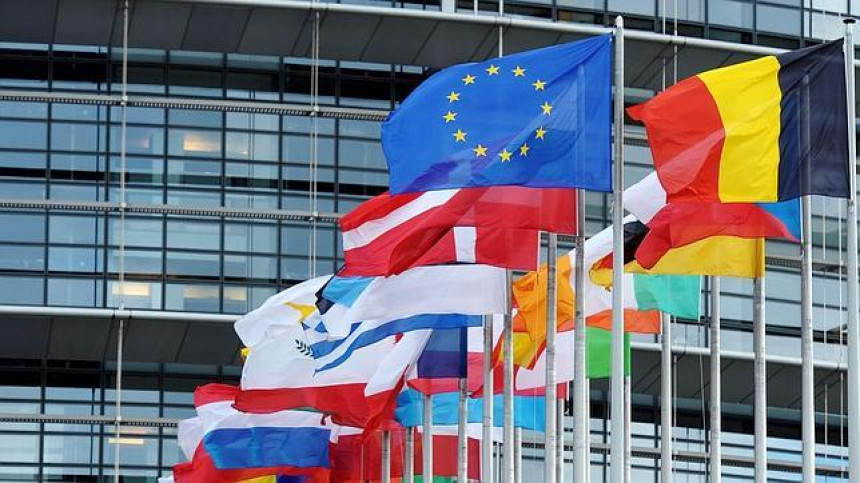
Europe 2015 is a Europe in crisis, but despite this, is making progress in shaping its institutional and overcoming the serious moments events is suffering. This seems to be the fate of our Union. Going forward nevertheless, overcoming various crises and building on the windows of opportunity that arise from them. Remembering Galileo, we could say eppur si muove.
We started the year with a new European Commission, called to govern the Union for five years, with a new institutional framework. A new President, Junker, from Luxembourg, social-Christian, European, a long-time politician in EU institutions, born in the heart of the European idea. Next to him, the new President of the European Parliament, German, also born in the vast territory separating the four core countries: Germany, France, Belgium and Luxembourg, and as he does, speaks the three languages basic to the institutional framework: German, French and English. Both convinced Europeans, heirs of the Founding Fathers and determined to restore strength to the community life of the Union in the face of rampant intergovernmentalism.
New Europe, new leaders, new impulses based on an entente cordiale (which it did not agree to) between the two big European political families EPP (210 deputies) and S&D (191 deputies) with the accasional support of the liberals (70 deputies) and more sporadic support from the Greens and Conservatives.
What is the balance of the beginning of this legislature? I would say very uneven and very worrying. Starting with the tragic events of the jihadist terrorism attacks in Europe, leading to a scenario of international war and internal security problems, absolutely unheard of in Europeans since World War II. Faced with this emergency, everything has changed, from the Stability Pact to European police coordination; from immigration to security and defence policy, including the appeal for solidarity from other European countries that France has made, based on Article 42.7 of the Treaty, and never used to date. There are still many doubts about the future of this fight, which will be long and will affect very different levels of European integration, but one thing seems clear: only by strengthening the Union will we be able to overcome this threat. Therefore, the first conclusion: the end of jihadist terrorism will demand more of a better Europe and not more disjointed and uncoordinated European nations.







